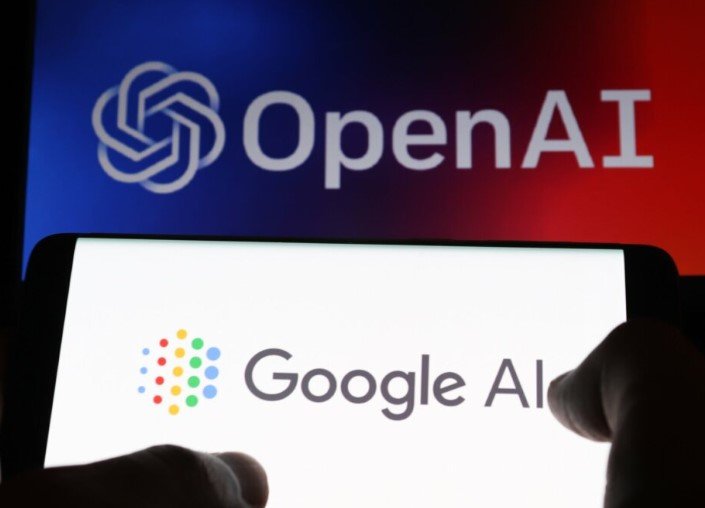Google has unveiled a major push to integrate its Gemini AI across Pixel devices and smart homes, aiming to create seamless, predictive experiences in everyday life. Announced at the Made by Google event on August 20, 2025, this move blends AI into phones, watches, and home gadgets to make technology more intuitive and connected.
What Gemini AI Brings to Pixel Devices
Google’s Pixel 10 series leads the charge with Gemini AI at its core. The new phones use this advanced model to handle tasks like real-time translations, smart photo editing, and emergency alerts without needing constant user input.
This integration extends to wearables too. The Pixel Watch 4 now taps into Gemini for health insights and quick responses, linking smoothly with your phone for a unified experience.
Experts say this setup turns devices into smart companions that learn from your habits. For instance, your watch might suggest a workout based on your schedule pulled from your phone.

How Gemini Powers Smart Homes
Gemini for Home is set to roll out to Nest speakers and displays starting this fall. It replaces the old Google Assistant with smarter controls that understand context better, like adjusting lights based on time of day or weather.
New Nest devices, including AI-powered cameras and doorbells, promise advanced features such as object detection and 2K video quality. These gadgets work together to automate routines, from security checks to family coordination.
Here are key features coming to Nest products:
- Smarter voice commands that handle complex requests, like “turn off all lights except the kitchen.”
- Integration with Google TV for easy media control and recommendations.
- Bedtime stories or expert advice through natural conversations.
This refresh addresses past complaints about stagnant smart home tech, making homes more responsive.
Challenges in Building an AI Ecosystem
Privacy remains a top concern as Gemini collects data across devices to predict needs. Google promises strong safeguards, but users worry about how much information gets shared.
Interoperability issues could arise too. Not all devices support full Gemini features, like older Pixels with limited RAM, which might lead to uneven experiences.
| Challenge | Description | Google’s Response |
|---|---|---|
| Privacy | Data collection for AI predictions | Enhanced encryption and user controls |
| Compatibility | Varying device capabilities | Software updates to bridge gaps |
| Competition | Rivals like Apple pushing similar tech | Focus on open ecosystems for broader appeal |
Competition heats up, with other companies vying for the ambient AI space. Google must balance innovation with trust to stay ahead.
Why This Matters for Everyday Users
Ambient AI means less fumbling with apps and more focus on life. Imagine your phone alerting you to traffic while your home preps dinner lights as you arrive.
This vision builds on Google’s long push for connected tech, seen in updates like Wear OS improvements earlier this year. It could change how we interact with gadgets, making them feel like extensions of ourselves.
Recent events, such as the Pixel 10 launch, show Google’s commitment. By 2026, experts predict wider adoption if these integrations prove reliable.
The Road Ahead for Google’s AI Vision
Looking forward, Google plans more updates to deepen Gemini’s role in daily routines. Early access for Gemini for Home starts in October 2025, giving users a taste of what’s next.
This could redefine tech use, but success depends on addressing user feedback on privacy and ease. As AI evolves, Google’s ecosystem approach sets a benchmark for the industry.
What do you think about Gemini AI in your devices and home? Share your thoughts in the comments and spread the word to friends who love tech news.






